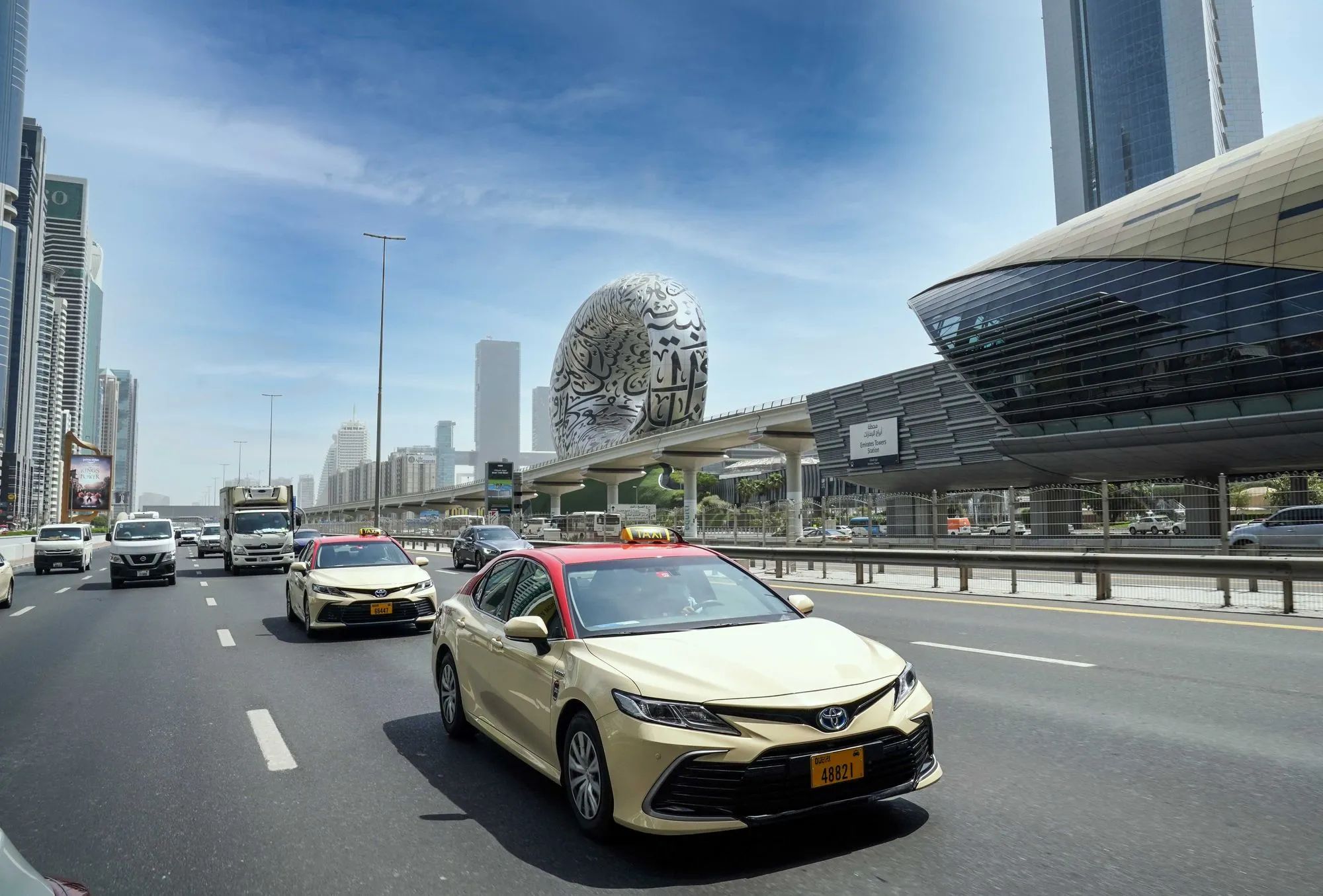
Dubai Taxi Company (DTC) and shared mobility provider Bolt are aiming to create the largest e-hailing platform in the United Arab Emirates, thus reducing reliance on private cars, they say.
The firms' strategic partnership will see them launch in Dubai - the first time Bolt, which operates in over 600 cities across 50 countries, has entered UAE. As well as ride-hail, it offers scooter and e-bike rental, and short-term car rental.
Bolt has a footprint in the region, launching in Saudi Arabia in 2017 and in Egypt earlier this year.
Mansoor Rahma Alfalasi, CEO of DTC, says: "This landmark strategic partnership brings together DTC’s position as the UAE’s largest fleet owner with over 6,000 taxis and limousines and Bolt’s position as a leading global shared mobility platform."
Alfalasi says the agreement reflects DTC's commitment to supporting Dubai Roads & Transport Authority directives "to transition 80% of taxi trips to e-booking in the coming years".
Markus Villig, founder and CEO of Bolt, said: “There are over 3.5 million cars registered and operating on the UAE’s roads which can cause increased travel time, congestion, accidents and pollution."
The partnership will reduce the need to use a private car, he says, which "will have a positive impact on the Emirate and the people living here".
The deal allows DTC to utilise infrastructure and technology created by Bolt, incorporating the most recent digital vehicle booking technologies into DTC’s ecosystem. The Dubai-based firm also expects to benefit from Bolt's global footprint.
Established in 1994, DTC says it operates more than 8,900 vehicles, including buses and last-mile delivery bike services.









